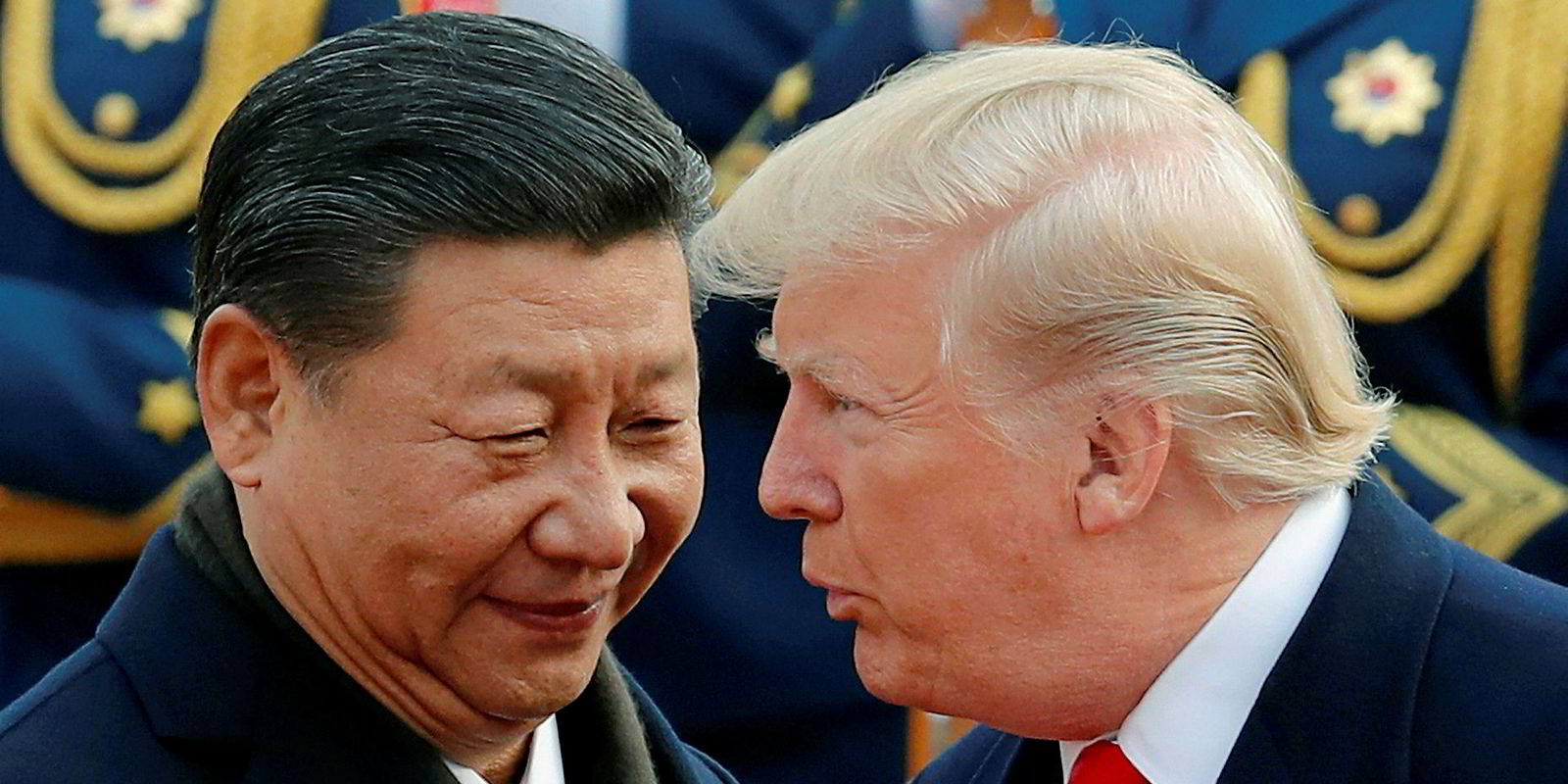China has reportedly hiked purchases of US soybean as a gesture during the trade war truce between Beijing and Washington, boosting sentiment in bulker markets even as the impact on physical flows remain uncertain.
Citing the US Soybean Export Council, Bloomberg reported Chinese importing firms bought 1.5-2 million tonnes of soybean with shipments expected during the first quarter of 2019. The soybean will be mainly from the Pacific Northwest.
“The purchase of more than 1.5 million tonnes of beans is the most concrete evidence yet that China is making good on pledges made on 1 December,” Arctic Securities said in a note.
“This should not only provide some relief to US farmers, but also to the dry bulk shipping market.”
Chinese firms had significantly reduced their imports of US soybean following Beijing’s decision to slap a 25% tariff on the agricultural product in July.
According to the Department of Agriculture, US soybean exports to China amounted to 339,000 tonnes between 1 September and 29 November, 15.9 million tonnes less than the level seen in the same period of last year.
However, during the G20 meeting held in early December, US president Donald Trump and Chinese president Xi Jinping agreed to a 90-day truce for the trade war between the world’s two largest economies.
China has reportedly agreed to increase imports of US energy and agricultural products while the US will noy impose additional tariffs on Chinese imports.
With China being previously the top buyer of US soybean, the latest purchases remain small and are not expected to alter overall physical flows much.
That said, forward freight agreement markets have reacted positively to the news.
“The US/China trade war truce finally seems to materialise…This seems to be reflected in the forward market, trading up across the curve this morning,” Clarksons Platou said.
Further looking, market focus is expected to be on whether China would reduce imports from Brazil and Argentina if buying more from the US.
China generally purchases soybean from the Americas on panamax, ultramax and supramax bulkers.
Earlier, some analysts suggested the tariff war didn’t hit tonne-mile demand for bulkers as China ramped up imports from South America at the expense of US farmers.





